We're all over Concrete Resurfacing
Solutions for new and old concrete floors -
We offer a wide range of cement based systems to match your requirements
Retail, Commercial, Hospitality, Walkways, External concrete and Residential
Commercial | Residential
Repair | Prepare | Refinish. Concrete floors and surfaces
Decorative Concrete resurfacing
We have a number of systems to add thin layers, or toppings, of cement based compounds to concrete floors and surfaces to make a new durable, attractive surface - without having to remove the existing concrete. The new surface uses the base strength of the existing slab, and puts a new (better) face on it.
3 Main considerations when choosing Concrete Resurfacing
1- Is the substrate suitable?
Not all concrete is suitable for resurfacing. Concrete that is very soft or very badly cracked is not a good candidate.
We can do crack repairs, but if there is likely to be force enacted on the slab again - it might re-crack. (we never guarantee it won't crack)
If it's soft, we can add densifiers to increase it's strength, but sometimes it's too far gone.
If it's rough - We can grind and level it.
If it's stained - we can cover it up.
If it's badly contaminated (with oil for instance) - it may cause issues in the future.
2- Appearance
We have a number of different systems for resurfacing concrete, all with different "looks".
Resurfacing is a hand crafted finish and the client should expect variations in the finishes.
Most of our systems are finished with a clear sealer and this can be Glossy, semi-gloss or Matt.
3- Value
The balancing act in it all is cost. Far from being the most important element, but someone's gotta pay for it. It is important to pay enough. Saving a couple of thousand could cost you so much more. If you make the wrong decision, you've got the additional cost of removing the failure. In many commercial situations you also need to consider interuptions to production. Chosing the right system and the right contractor with plenty of experience is very important. Pro tip - if you want quality, don't tell a contractor you want cheap.
Cretecova Decorative Resurfacing
In 1999 we were introduced to Cretecova. It blew our mind that we could apply a thin layer of a cement based compound over old concrete and make it look fantastic, The way we could transform a plain grey bit of concrete (and often worn or damaged) slab into a floor, with colour and texture. Clients were estatic witht he looks we were creating. We often did 800mm or larger tile patterns (back wehn 300 and 400mm tiles were the largest you could buy.
What is Cretecova?
Cretecova is a polymer cement resurfacing compound that can be applied to prepared concrete surfaces or sometimes other substrates. It is hand troweled over the surface in thin layers using different techniques to create desired textures, from fairly smooth to layered texture like slate. Because it is laid by hand, and across the whole area, the texture and effects vary, rather than looking like a molded tile that repeats.
The are can be left as on monolithic surface, or large tile patterns can be added to lake it look like tiles. - It is often a good idea to follow the cuts in the concrete as they are there to allow movement,
Cretecova is suitable for both internal and external surfaces, and is even strong enough to be used on driveways and patios etc.
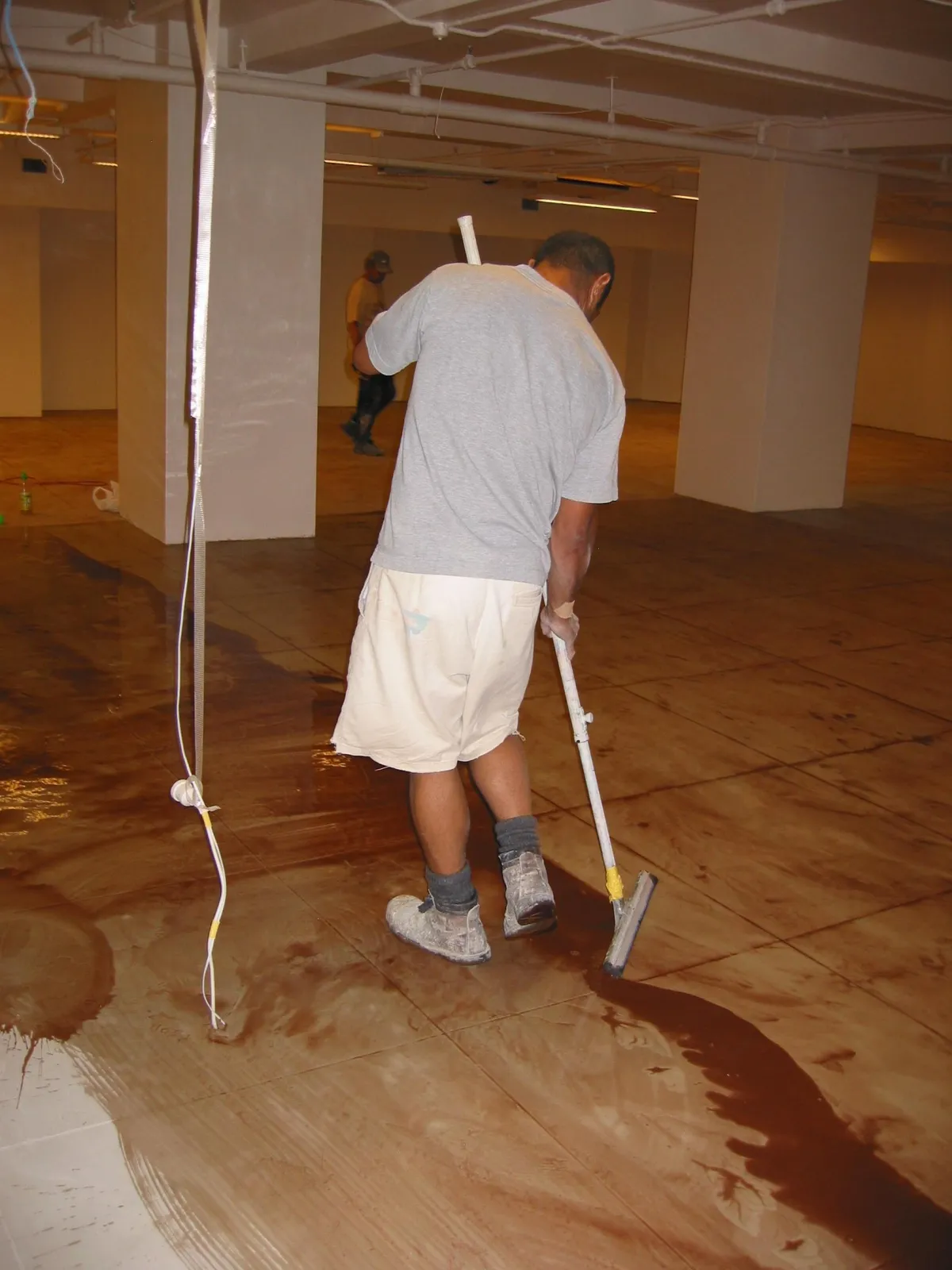
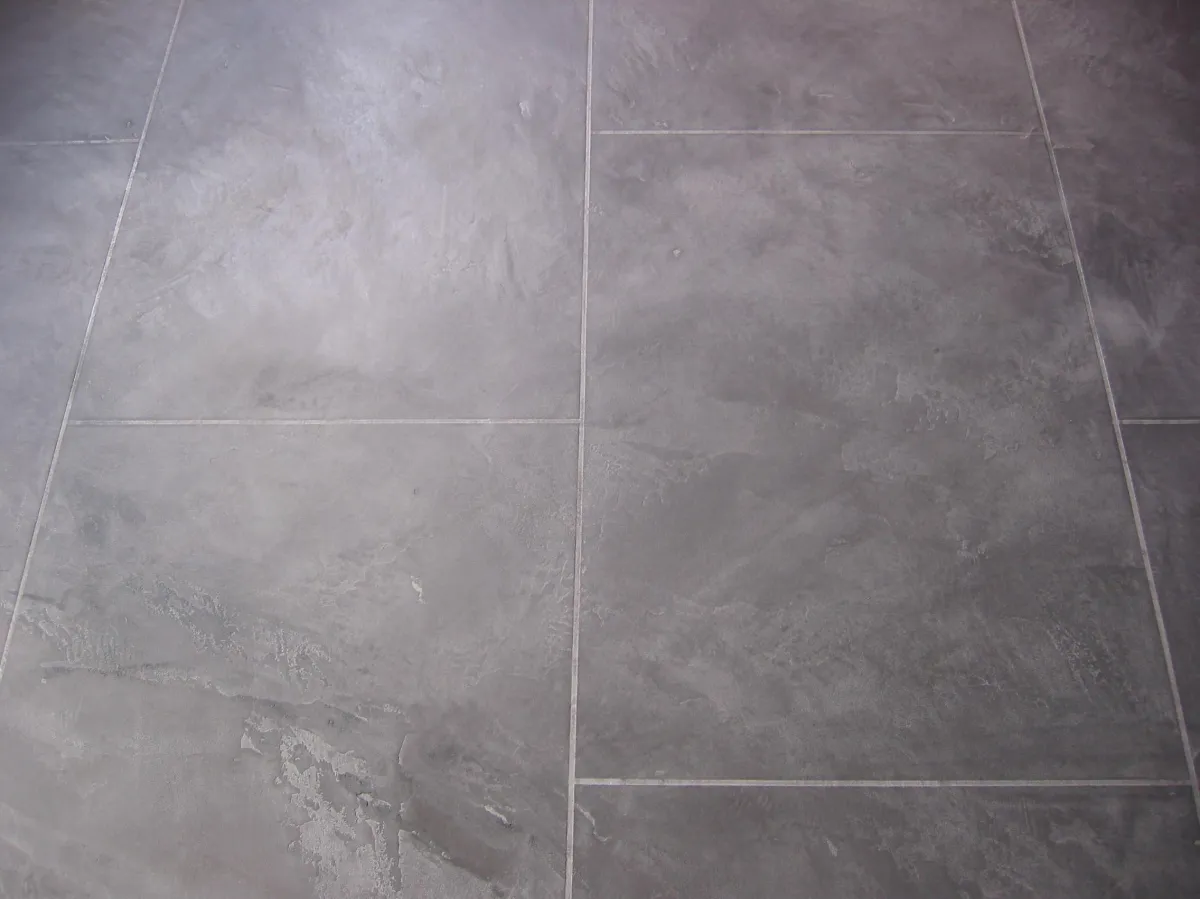
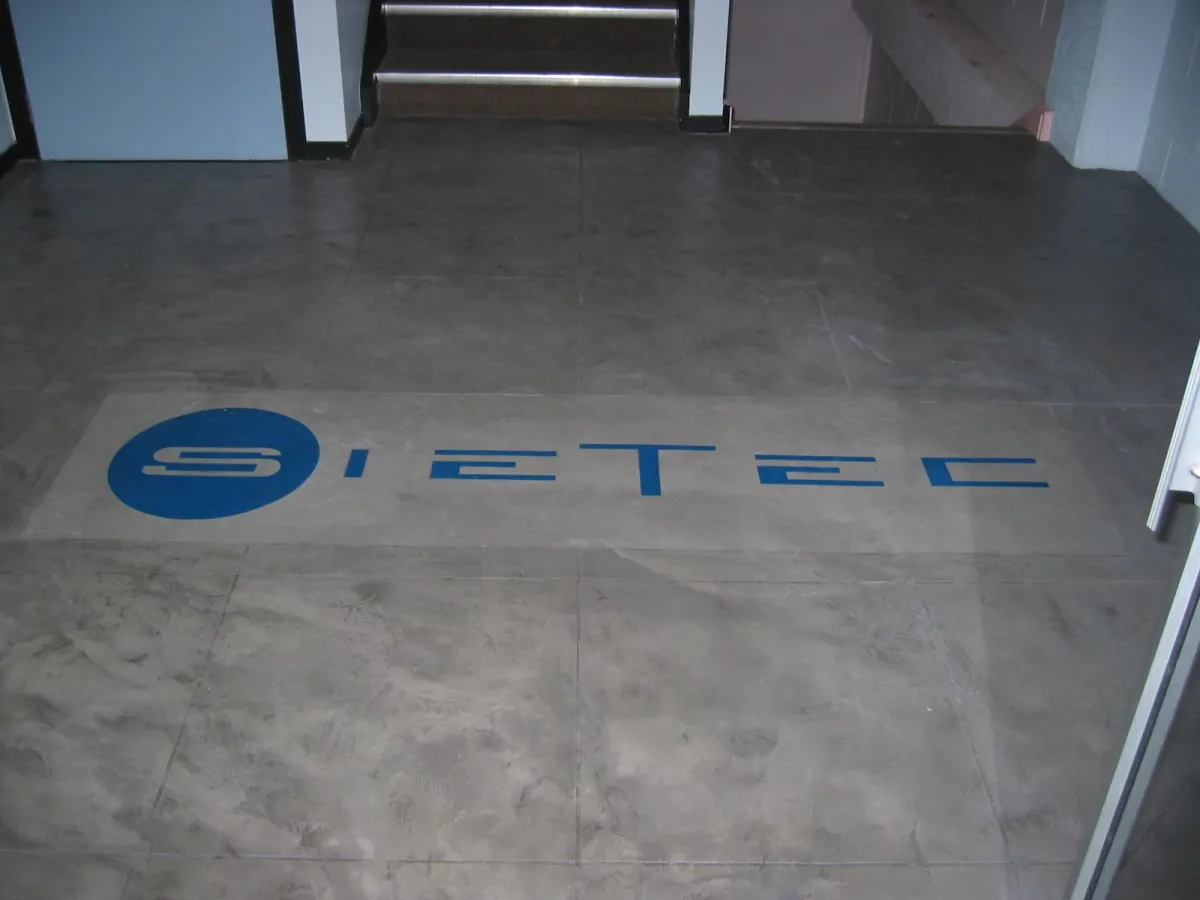
Thincova Decorative Resurfacing
Thincova is a finer version of Cretecova. It has a finer grit and can be applied smoother, It's a bit like Venitian plaster, for floors.
Cretecova has a kind of rustic look, Thincova is more refined, more subtle texture
The great thing about our Thincova is it has that natural cement style - IT DOES NOT LOOK LIKE PAINT..
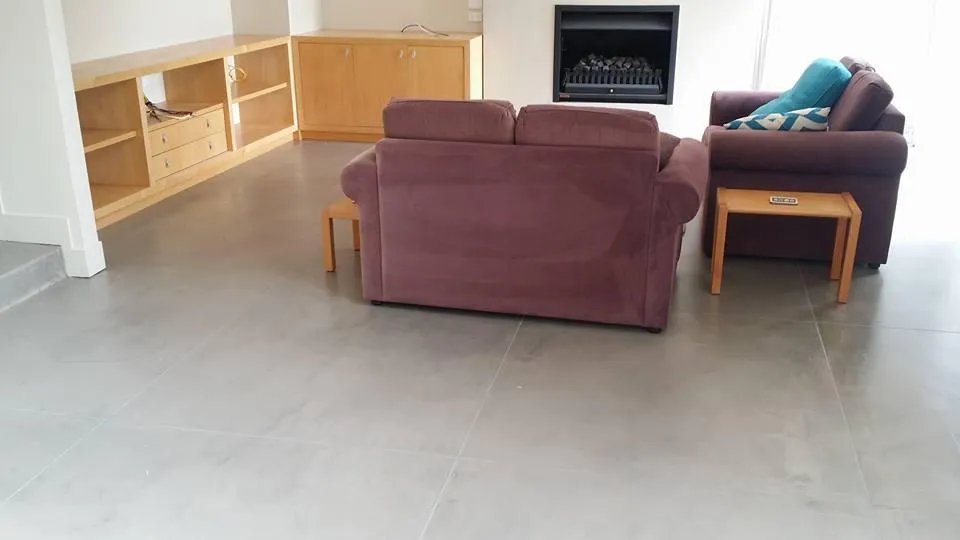
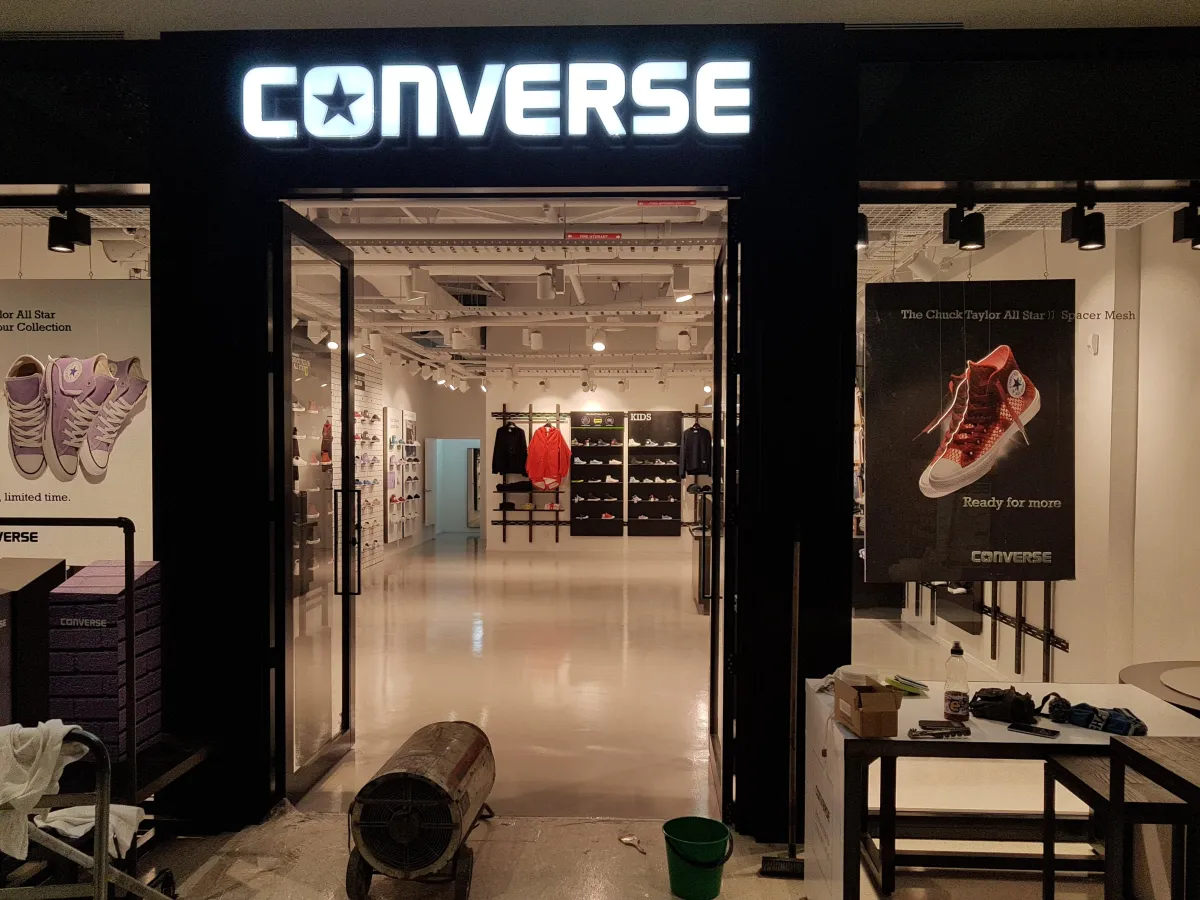
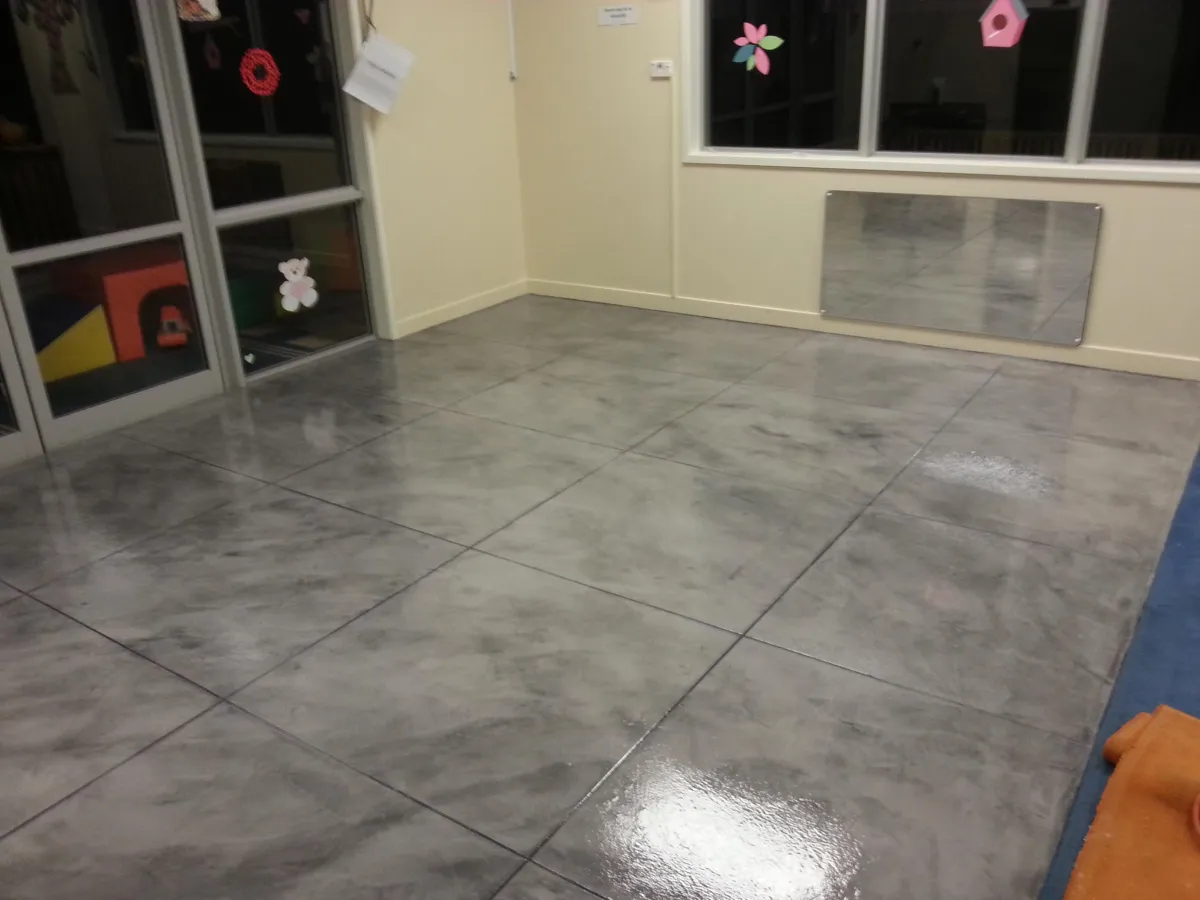
Levelcova - Self Levelling Overlay
Levelcova is a thicker floor topping using industrial grade Self Levving compounds. This is great for floor that need smoothing or levelling, or when you just want the looks we can create, We can start with Grey or White based product and colour to meet your design style.
Options
Levelcova Smooth - A self Levell finish with subtle mottled finish - Some colour variation from the polymers floating during application. Once dry we apply a couple of coats of sealer.
Levelcova Designer - Similar to Smooth, but we can introduce a 2nd or 3rd colour and create colour effects on the floor. These can be ribbons of colour, veins, or blending effects created while the product is liquid. System is then sealed.
Levelcova Polished - [Polished Concrete Topping] We can lay a thicker topping (around 12mm thick). This can be colour. We can also mix in aggregate or sand. Once the product has set, we can grind and polish, exposing the aggregate in the mix. Can be grind and seal or Diamond polished. This is a great option when client wants a polished concrete floor, but thier existing concrete is not suitable.
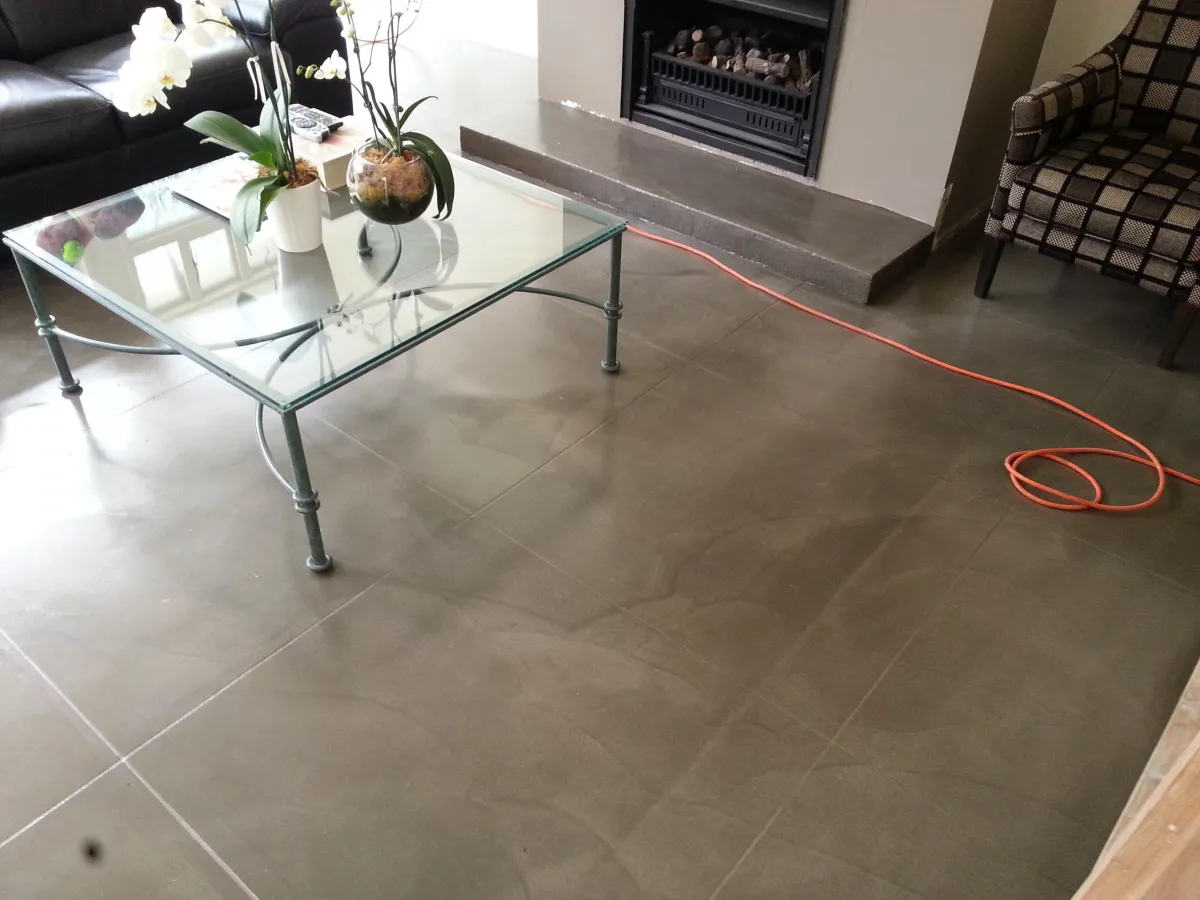
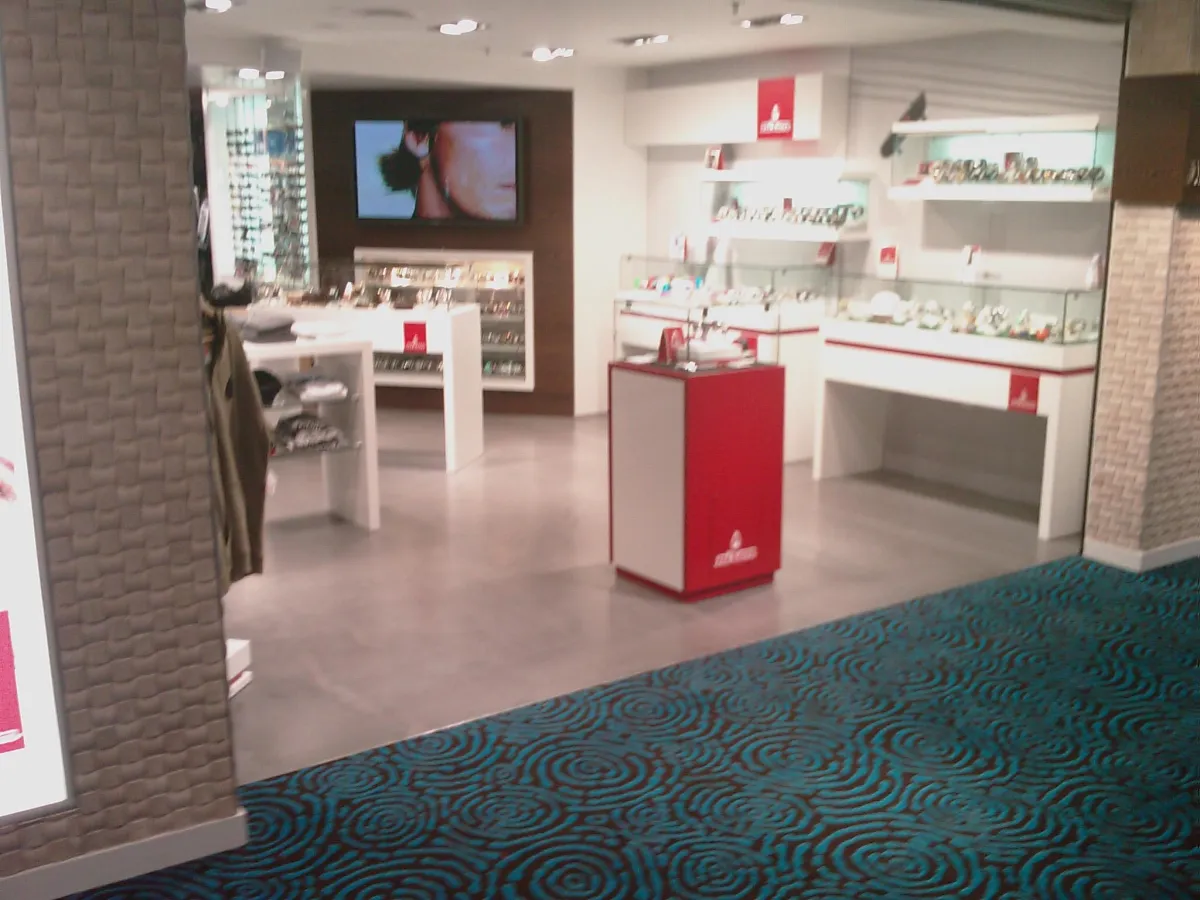
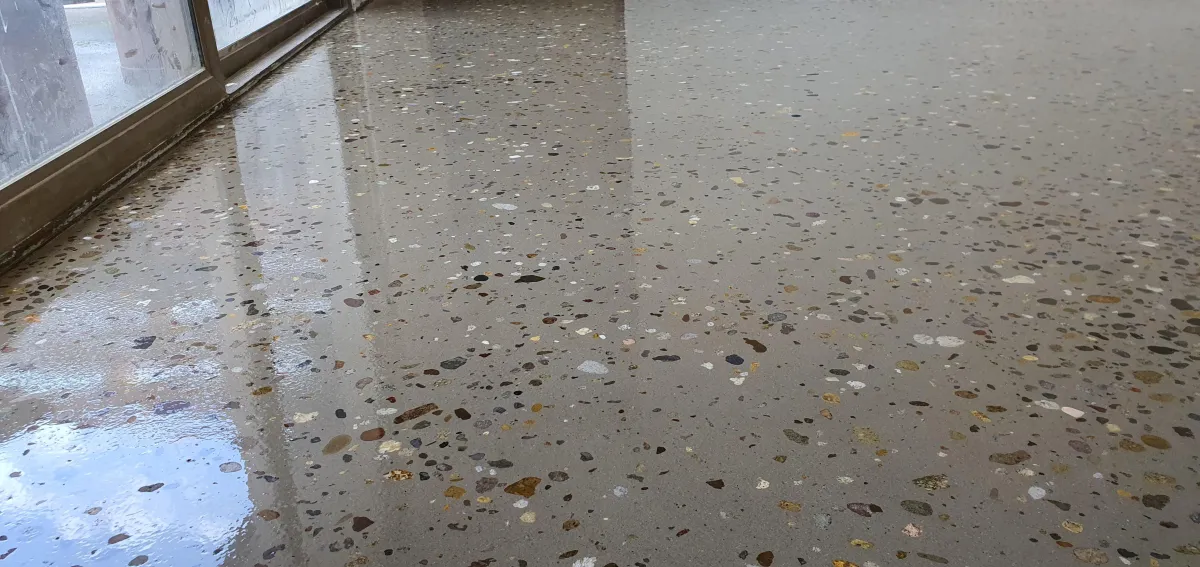
Spraycova - external textured overlay
Spraycova uses our Cretecova blend and is applied with a texture sprayer, rather than a trowel. The Sprayer applies the product as droplets that form a slightly bumpy surface. Spraycova is a little more economical than Cretecova and good for non slip outdoor areas such as driveways and patios.
Style
Spraycova can be sprayed as one surface, or as a large tile or patterned finish. We can tape tile patterns or use stencils for designer work (depends on availability).
Options
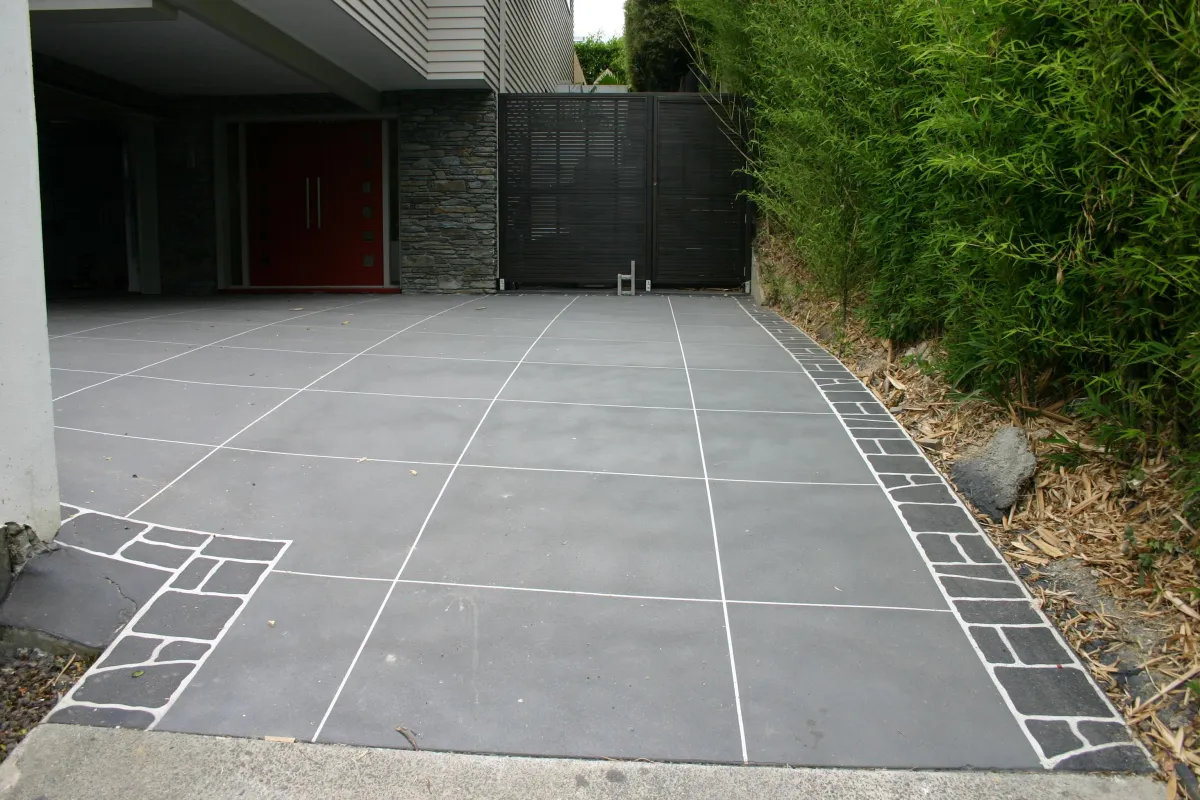
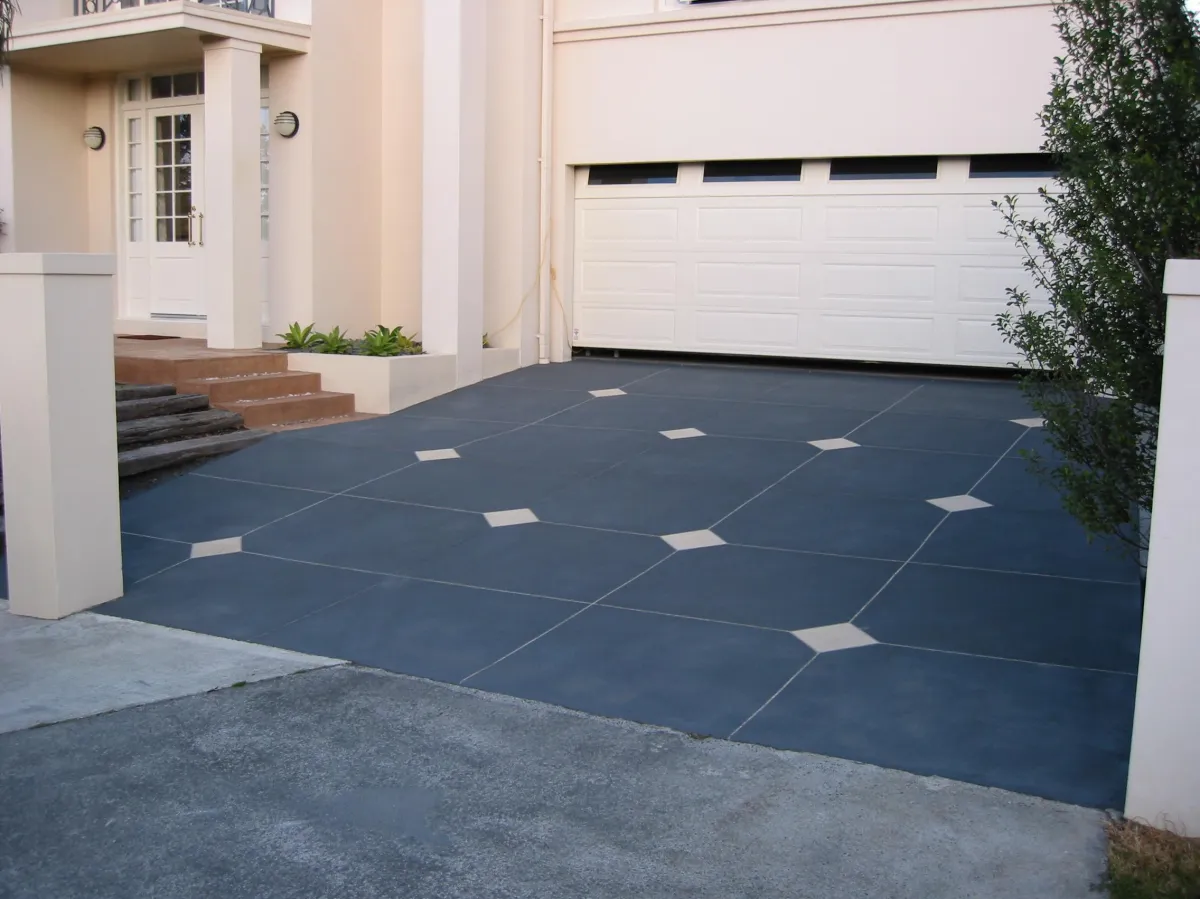
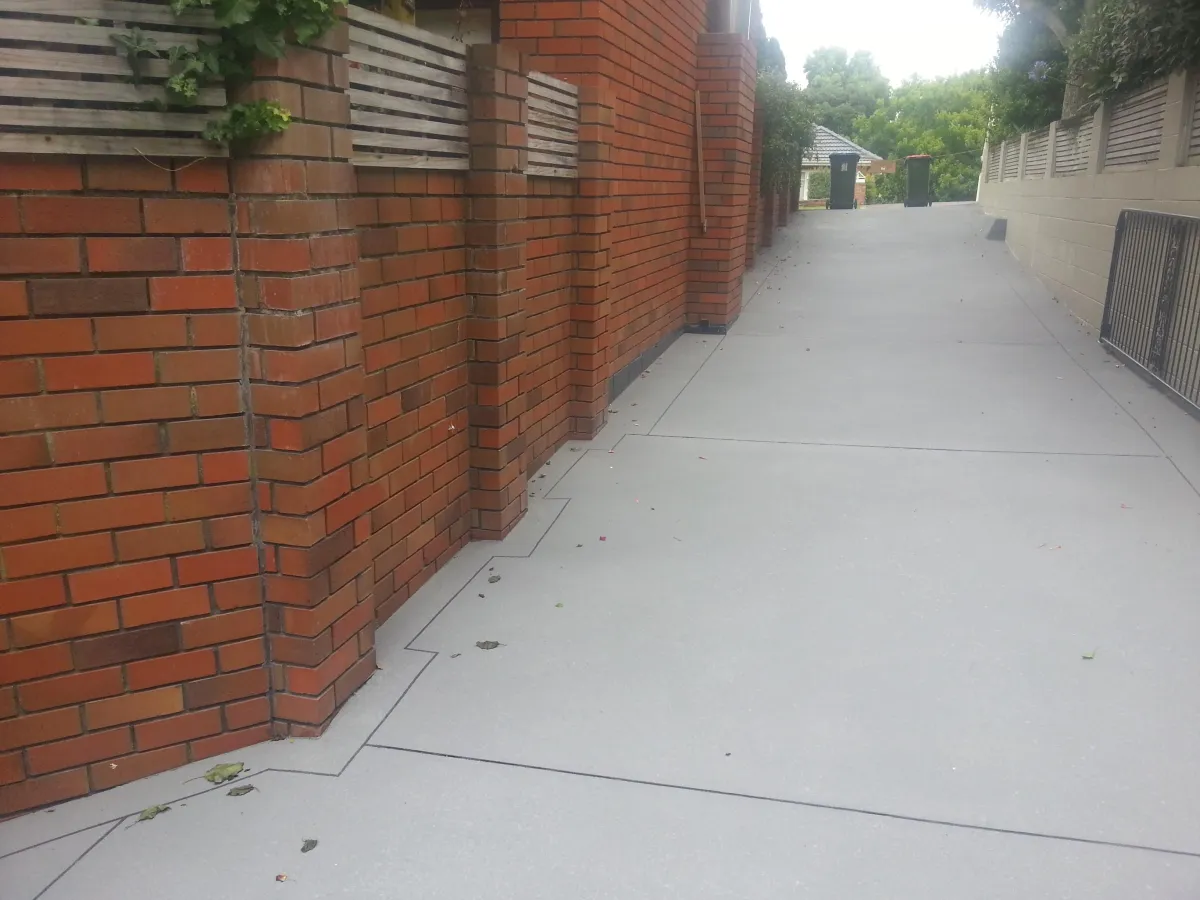
Office: East Tamai, Auckland
Call 0800 733 566
Site: www.flooringauckland.co.nz
